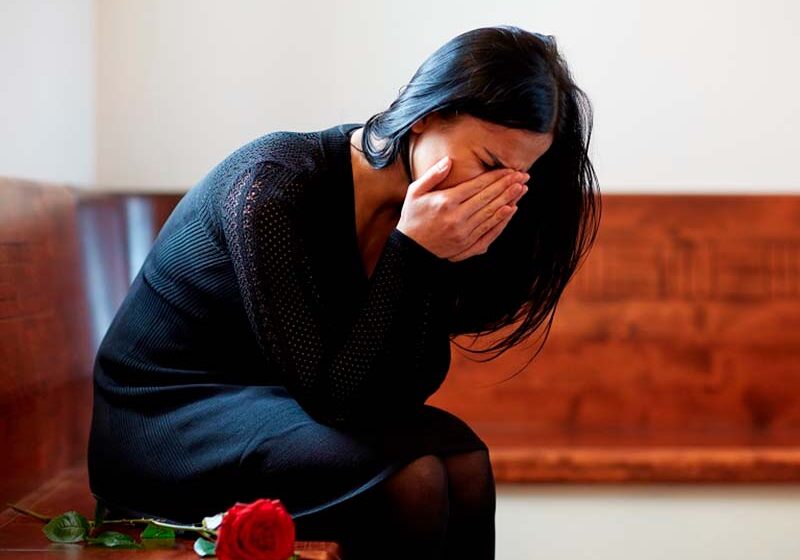
How do you deal with the bitterness of loss?
Содержание
The loss of a loved one is a long way from not wanting to believe in this fact to accept the situation. It takes everyone a different amount of time and manifests itself with different emotions. The main thing is to treat yourself carefully and not forget about your health. How do you deal with the bitterness of loss?
It is normal
When you feel the presence of a deceased loved one near you, constant irritability, want to cry, show aggression, and lose interest in everything and everyone – this is normal in the first months after the loss. But if the symptoms only increase and there is no hope to part with them, suicidal thoughts intensify and many pathological conditions appear – you should go for help from specialists. It is also worth going to them if you do not react in any way to the loss.
Time to see a doctor
If you are grieving for a long time, you need to see a doctor. It is needed if you have been grieving for more than six months and are experiencing the following symptoms:
loss of meaning in life;
Suicidal tendencies;
clinical depression;
loss of interest in yourself;
no desire to go out;
loss of pleasure from what used to bring it;
the appearance of fear of one’s death;
apathy toward those closest to him;
lack of appetite and restful sleep;
intense anger toward the situation;
the emergence of addictions: tobacco smoking, drug addiction, and alcoholism.
Do not neglect to see a doctor if you develop these symptoms. The longer you live with them one-on-one, the harder it will be later to get rid of them.
Tips from a psychologist
The first weeks are the most difficult. They require experiencing all the stages: denial, aggression, grief, and acceptance. Then comes the period for recovery, during which it is best to
continue working or studying;
Get some physical activity – go to the gym or fitness center;
Go on a trip for a couple of days;
get a pet;
meet up with loved ones.
You may also find a new hobby or hobby.
It gets easier
Many people feel like life will never be the same. Yes, this is a difficult period to go through, but it will end sooner or later. He can not get through in one day – it takes time. The main thing is not to forget about your health – eat right and sleep the usual amount of time or longer.
Speak
Don’t shut yourself off. There is nothing worse than going through grief in silence and alone. The support of family and friends is important to you, don’t turn your back on them. Talk to them, share your worries, remember and cry – do not hold back your emotions, you will be understood. Explain to your loved ones how they can help. If you are not ready to talk to anyone right now, write to friends and relatives about it, so they don’t have to worry. But don’t drag out the loneliness.
Help
Don’t forget about the other family members, they also need help and support. Try to be there for them and show that you are strong to make them feel better.
Make Time for Yourself
The grief of loss sometimes makes it difficult to remember even your name. Mental, emotional, and physical stress – eat away and keep you busy. Try to pay attention to your needs – take care of yourself, cook normal food, and monitor your well-being. Try to get back to your normal rhythm of life and enjoy yourself so that you don’t take things to the point of clinical depression.
Minimize alcohol and sedatives
Alcohol and pills are not best friends in times of grief. They only dull your emotions and distance you from reality. Yes, the first couple of days they will allow you to sleep for at least a couple of hours. But the longer it takes, the closer you will be to addiction and the longer it will take you to come out of your condition.